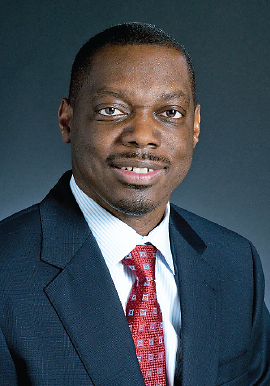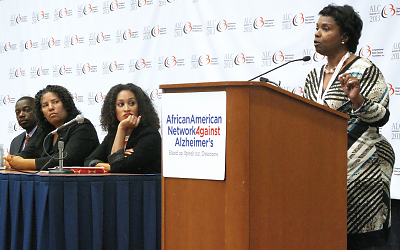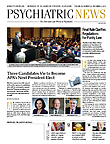While African Americans make up approximately 13 percent of the U.S. population, they account for more than 20 percent of the diagnoses of Alzheimer’s disease (AD) and dementia. Though discussion of the issues involved in dealing with these illnesses is often avoided among black Americans, the African American Network Against Alzheimer’s (AANAA)—an affiliate of the USAgainstAlzheimer’s Network—is urging this high-risk population to “stand up” and “speak out” against AD.
Around the time of its national launch as an advocacy group in late September, the AANAA released an executive summary of the economic burdens of AD and other dementias in the black community. The summary, “Key Findings and Policy Recommendations: The Cost of Alzheimer’s Disease and Other Dementia,” was discussed at the Congressional Black Caucus Foundation’s 43rd Annual Legislative Conference in Washington, D.C., last fall.
With data generated from the Medical Expenditure Panel Survey, the AANAA reported that older African Americans are two to three times more likely to develop AD than are their non-Hispanic Caucasian counterparts.
Darrell Gaskin, Ph.D., the report’s lead author and deputy director of the Center for Disparities Solutions at Johns Hopkins Bloomberg School of Public Health, said that he was “stunned” by the prevalence of the disease in the black community.
“I’m a health-disparity researcher, and I spend most of my time thinking about hypertension, diabetes, heart disease. . . . Alzheimer’s disease was not something that I had spent a lot of time thinking about. Alzheimer’s disease is an underappreciated health disparity that has had a major impact on our community. It’s only going to get worse if we do nothing, because life expectancy is increasing for everyone, including African Americans,” said Gaskins.
According to the Population Reference Bureau, by 2050 the U.S. population aged 65 and older will reach 89 million—up more than 50 percent from the current census. Diagnoses for AD and other dementias, according to projections by the Alzheimer’s Foundation, will increase by approximately 60 percent, and health care costs for these disorders are expected to more than quadruple by 2050.
“The national figure of the cost is [currently] about $215 billion. . . . The estimate for African Americans is $71.6 billion,” stated Gaskins.
More than 60 percent of the costs cited in the executive report were attributed to black women, and close to half of the costs were concentrated in the southern region of the U.S.—where the majority of the African-American population is located.
“A large percent of the cost is the value of unpaid hours of caregiving,” said Gaskins, who mentioned that African Americans lose up to $6.4 billion annually in wages caring for someone with AD. “People are doing what they have to do to take care of their love ones, [and] that is the real cost to society.”
Stephanie Monroe, J.D., director of the AANAA, said that more research dedicated to AD must occur to decrease the current financial burden and the increases in that burden predicted for the next several decades.
“Every disease in this country that we have been able to be successful at finding a treatment or cure for has had huge increases in research dollars proportionate to the number of people impacted by it. We see numbers in heart disease going down, cancer going down, and we see numbers in diabetes going down. The only disease in the top 10 that doesn’t have a cure or effective treatment is Alzheimer’s disease . . . which has seen a 65 percent increase [in diagnosis] over the last few years,” said Monroe.
Though the National Institutes of Health granted an additional $45 million to AD research this fall, Monroe emphasized that there is still a need for everyone who is affected by AD and dementia, directly or indirectly, to communicate with Congress about increasing that funding.
“I worked on Capitol Hill for 25 years. . . . They will listen,” Monroe emphasized. “We need everyone to speak out whenever you can. . . . We need doctors, lawyers, white collar, and blue collar—everyone is essential in this battle; otherwise, we are going to pay with our lives, lost productivity, and with Medicaid and Medicare,” she concluded.


